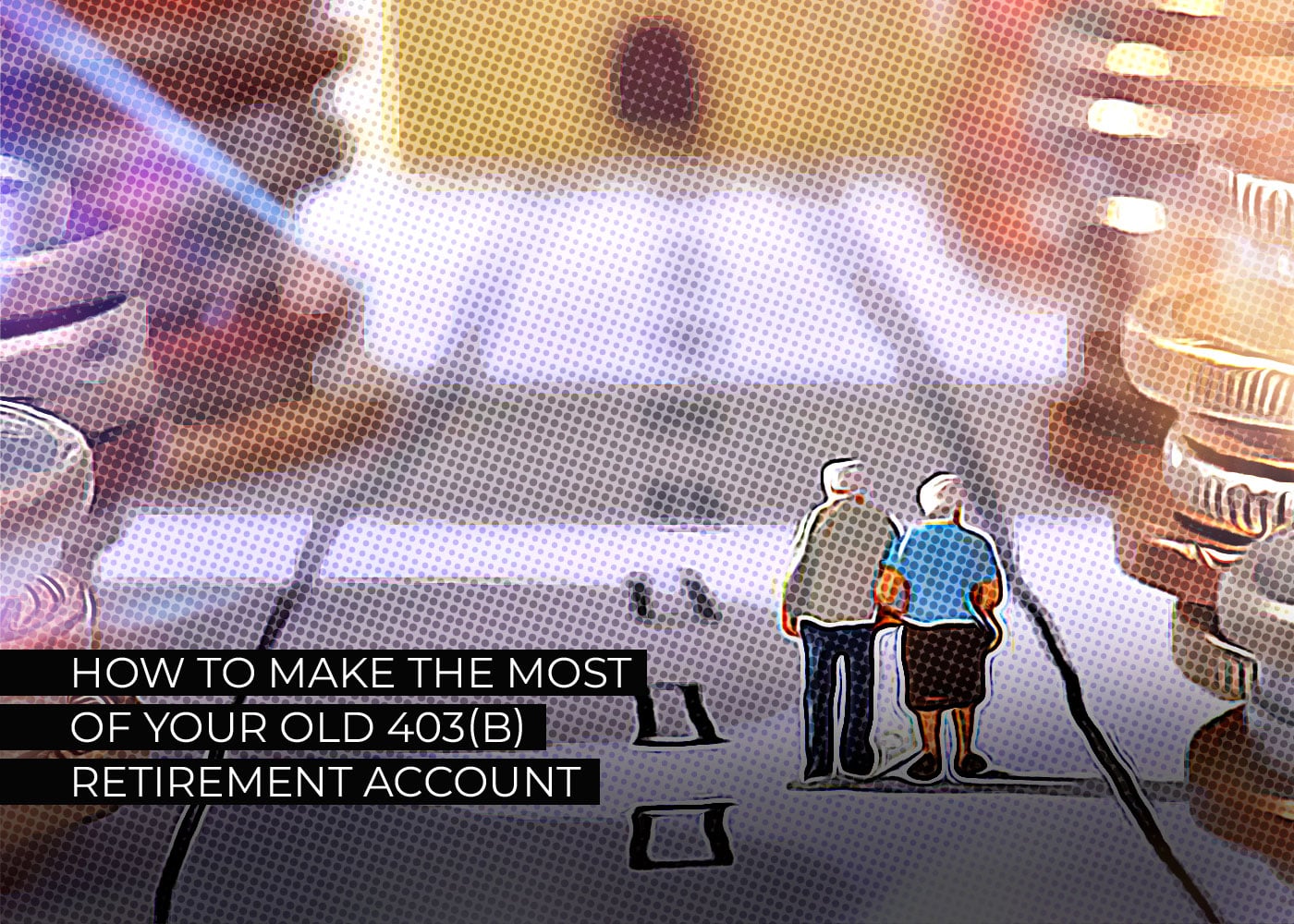Are you looking for a way to make the most of your old 403(b) retirement account? If so, you’ve come to the right place. In this blog post, we will explore some important considerations when managing an old 403(b) account and optimizing it for maximum performance. From understanding the tax advantages associated with these accounts to finding ways of reinvesting funds, this piece has everything you need to ensure that your money is working hard for you. Plus, by taking advantage of today’s low-cost investing options and 401(k) rollover rules, you can fully control your financial future and secure its long-term growth in no time! After reading this blog post, you will have a general knowledge about what to do with your 403(b) after retirement.

What Is a 403(b) Retirement Account?
The 403(b) retirement account is a kind of retirement plan offered to specific employees of non-profit organizations, such as schools, hospitals, charities, and some government workers. It is similar to the 401(k) plan, which is offered to employees who work in for-profit organizations. However, there are certain differences between the two.
To clarify, 403(b) plans are typically provided by non-profit organizations, while for-profit organizations usually offer 401(k) plans. Additionally, 403(b) plans generally have fewer investment options because insurance or mutual fund companies typically manage them. Employees can contribute a portion of their pre-tax income to their 403(b) account, and the IRS limits these contributions. Employers may also contribute to the account, either as a matching or non-elective contribution.
Contributions made to a 403(b) account are tax-deferred, which means that taxes are not imposed on the contributions or investment gains until they are withdrawn from the account. This can benefit people who want to save on taxes during their working years, as they will probably earn higher income and fall into a higher tax bracket.
Keep in mind that if you withdraw money from a 403(b) account, you will need to pay income taxes. Additionally, if you take out the money before you turn 59 ½ years old, there may be an extra 10% penalty. However, there are some situations where this penalty does not apply, such as for certain medical expenses or if you are a first-time homebuyer.
What to do With Your 403(b) Account After Retirement:
When you retire and are no longer working for the employer that sponsored your 403(b) plan, you have several options for what to do with your account:
Leave it in the 403(b) plan:
If you are content with the investment options available and don’t require an immediate withdrawal, then keeping your money in the 403(b) plan can be convenient. Nevertheless, you must keep in mind that you will still have to pay any fees that come with the plan, and you will have to take RMDs once you reach 72 years of age unless you still work for the same employer that sponsors the plan and are not a 5% or more owner.
Roll it over to an IRA:
Transferring your 403(b) account to an IRA provides more investment choices and could reduce fees. You can select an IRA provider that suits your retirement objectives and risk tolerance. Also, you don’t have to take RMDs from an IRA until 72 years, and you can withdraw at any moment, albeit subject to taxes and possible penalties if you take them before 59 ½ years.
Transfer it to another employer’s plan:
If you begin employment with a new employer who provides a 403(b) plan, moving your account to the new one may be possible. This could be advantageous if the new plan offers better investment options or lower fees than your previous plan. Nevertheless, some employers may not allow transfers from other plans, so verifying with the new plan’s administrator is important to see whether this is feasible.
Cash-out the account:
In most cases, it’s not recommended to cash out your 403(b) account as you’ll have to pay income taxes on the entire balance and may incur a 10% early withdrawal penalty if you’re under 59 ½ years old. Also, you’ll lose the tax-deferred growth benefit of your investments. Nonetheless, cashing out your account might be necessary if you face financial urgency.
Conclusion:
To summarize, your course of action with your 403(b) account post-retirement is determined by your unique financial situation and retirement objectives. Keeping your funds in the 403(b) plan is feasible if you are content with the investment options and do not require immediate withdrawals. Transferring your account to an IRA can provide more investment choices and may lead to lower fees. If you start working for an employer who has a 403(b) plan, you may be able to move your account to their plan. It’s not recommended to cash out the account as this could lead to taxes, penalties, and the end of tax-deferred growth. Before making any decisions, seeking advice from a financial advisor or tax professional is important to determine the best approach for your specific circumstances.






